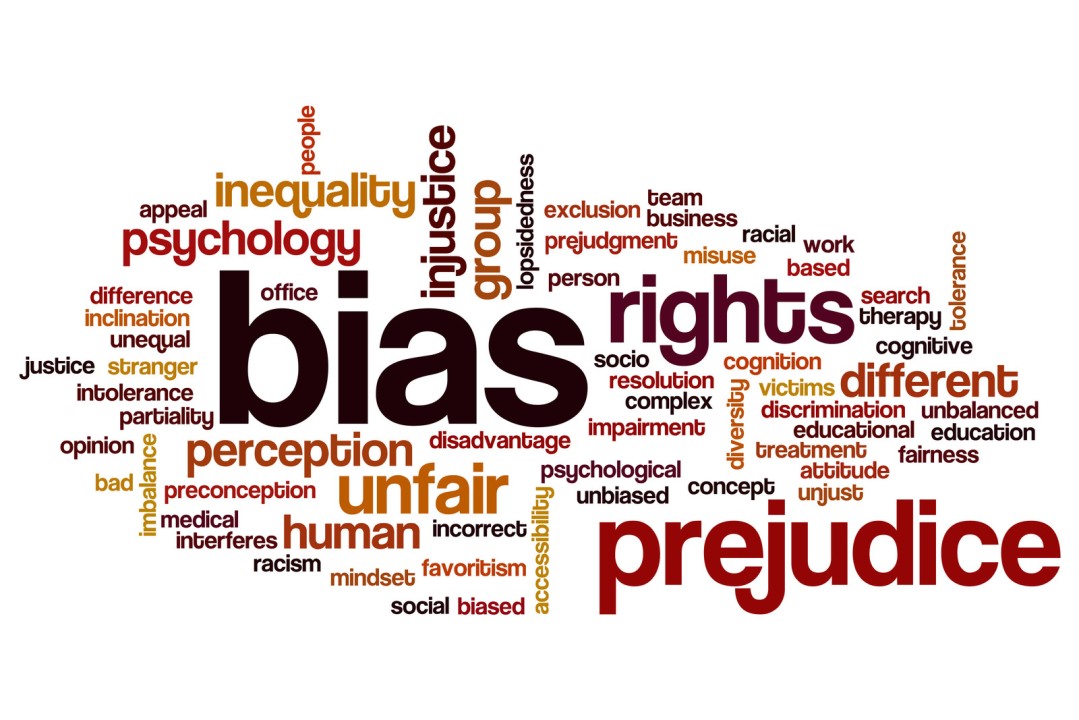
The dangers of fallacious reasoning and cognitive bias in the workplace
“A cognitive bias refers to a ‘systematic error’ in the thinking process” (Dwyer, 2018). The Dunning-Kruger effect refers to a cognitive bias in which individuals with a low level of knowledge in a particular subject mistakenly assess their knowledge or ability as greater than it is” (Dwyer, 2018). Conversely, retroactive bias happens when our memory associates a stimulus incorrectly or based on how we interpreted something from the past. Michael Bainard described retroactive inference as part of a “bias trifecta’ that includes unconscious bias, confirmation bias, and retroactive bias (2017). Biases are a result of our brain misleading us one way or another. We either remember information in a way we choose to remember it, or we think we know more than we actually do.
The logical fallacy in the Dunning-Kruger effect generates conflict in ethical decision-making and could be an argument from personal incredulity. If one thinks they know more than they do, then they could argue that if something doesn’t make sense then it must not be true. This type of logical fallacy is “asserting that opponent’s argument must be false because you personally don’t understand it or can’t follow its technicalities,” therefore it must be wrong (Wheeler, 2015). This happens at work sometimes when ego gets in the way of progress. There are some managers who think they know more than they do and then deny innovative thoughts or discussions, or they won’t listen to diverse viewpoints. With active listening, and being mindful of situations, one can discern the fallacy and tactfully poke holes in the argument. Modeling a growth mindset can possibly help others to see that there are other answers and that decisions should not be made just because someone says they are right about something and help others see situations more holistically.
Since the amygdala in our brain refers to memory and associates the stimulus with a select few experiences we’ve had in the past, and because memory is usually incorrectly stored, the logical fallacy of the retroactive bias could then be false cause which “establishes a cause/effect relationship that does not exist” (Wheeler, 2015). The two most common types of false cause are “non causa pro causa” which is “a general catchall category for mistaking a false cause of an event for the real cause, or “post hoc, ergo propter hoc,” occurring when someone “mistakenly assumes that, because of the first event preceded the second event, it must mean the first event must have caused the later one” (Wheeler, 2015). In the workplace, retroactive bias occurs when we try to remember a decision that was made, or some historical information, that we seem to remember in a certain way, but which may not actually be true. As humans, we tend to have selective memory and that is why different people who experienced the same things will remember events differently. The false cause is the mistaken assumption. Taking a moment to reflect on a memory, to possibly do some research before making an assertion, could help to avoid this logical fallacy at work.
References
Brainard, M. (2017, August). The bias trifecta: The effect on leadership decision making. [Video file]. Retrieved from https://youtu.be/WQV4WjWymFk (Links to an external site.)
Wheeler, L.K. (2015). Logical fallacies handlist: Arguments to avoid when writing. [PDF file]. Retrieved from file:///C:/Users/laven/AppData/Local/Temp/Week%207%20Logical%20fallacies%20handlist%20Arguments%20to%20avoid%20when%20writing%20(1)-1.pdf